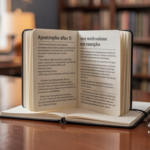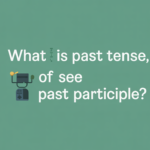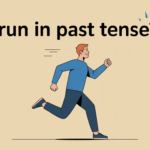Apostrophe After S: Easy Rules and Examples
Apostrophes can be deceptively tricky. One of the most common sources of confusion? Knowing when to place an apostrophe after s. Should you write students’ books or student’s books? What about Charles’s car versus Charles’ car? This guide clears the fog. We’ll walk through the real rules—not myths—behind apostrophes after “s”, using clear examples, usage […]
Read More »









